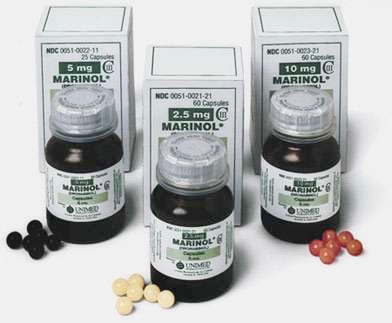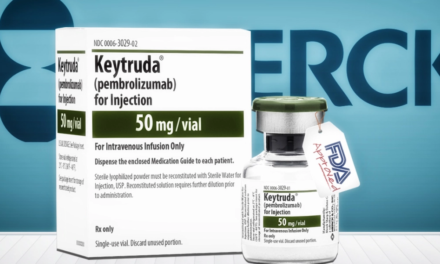Thanks to Paul Armentano for forwarding this paper by researchers in Colorado —plus summaries of their study and conclusions:
• “There were 66 patients included: 33 cases and 33 matched controls. Dronabinol was initiated 55 (28–107) hours from admission. Cases and controls were well matched. Cases had a significant reduction in opioid consumption with adjunctive dronabinol (−79 (20) MME, p<0.001), while opioid consumption was unchanged for controls (−9 (20) MME, p=0.63). This resulted in a ninefold greater reduction in opioid consumption for cases versus controls that was statistically different between pairs (p=0.02).”
• “The addition of dronabinol resulted in reduced opioid consumption… suggesting a beneficial opioid-sparing effect of dronabinol in acutely painful conditions… Because our study showed that the opioid-sparing effect of dronabinol may be greatest in patients who use marijuana, use of dronabinol adjunctively may benefit nearly half of [Colorado’s] population.”
Dr. Mitch Earlywine comments: “This is great! Sample is large enough. The effect is impressively large. I wish they’d asked about opioid side-effects, including constipation, but we’ll get there. Including a comparison for prices would be nice. This much marinol is probably 50 cents worth of modern cannabis.”
For several years before and after marijuana was legalized in California, Tod Mikuriya, MD, was honored at annual dinners by the manufacturer of Marinol (Solvay? Roxane?) as the #1 prescriber of the synthetic THC pill in Alameda and Contra Costa Counties. A prescription for Marinol conferred a measure of legality on workers with THC metabolites in their urine. Tod abhorred urine testing, BTW, and arranged for the printing of a bumper sticker on the subject:






